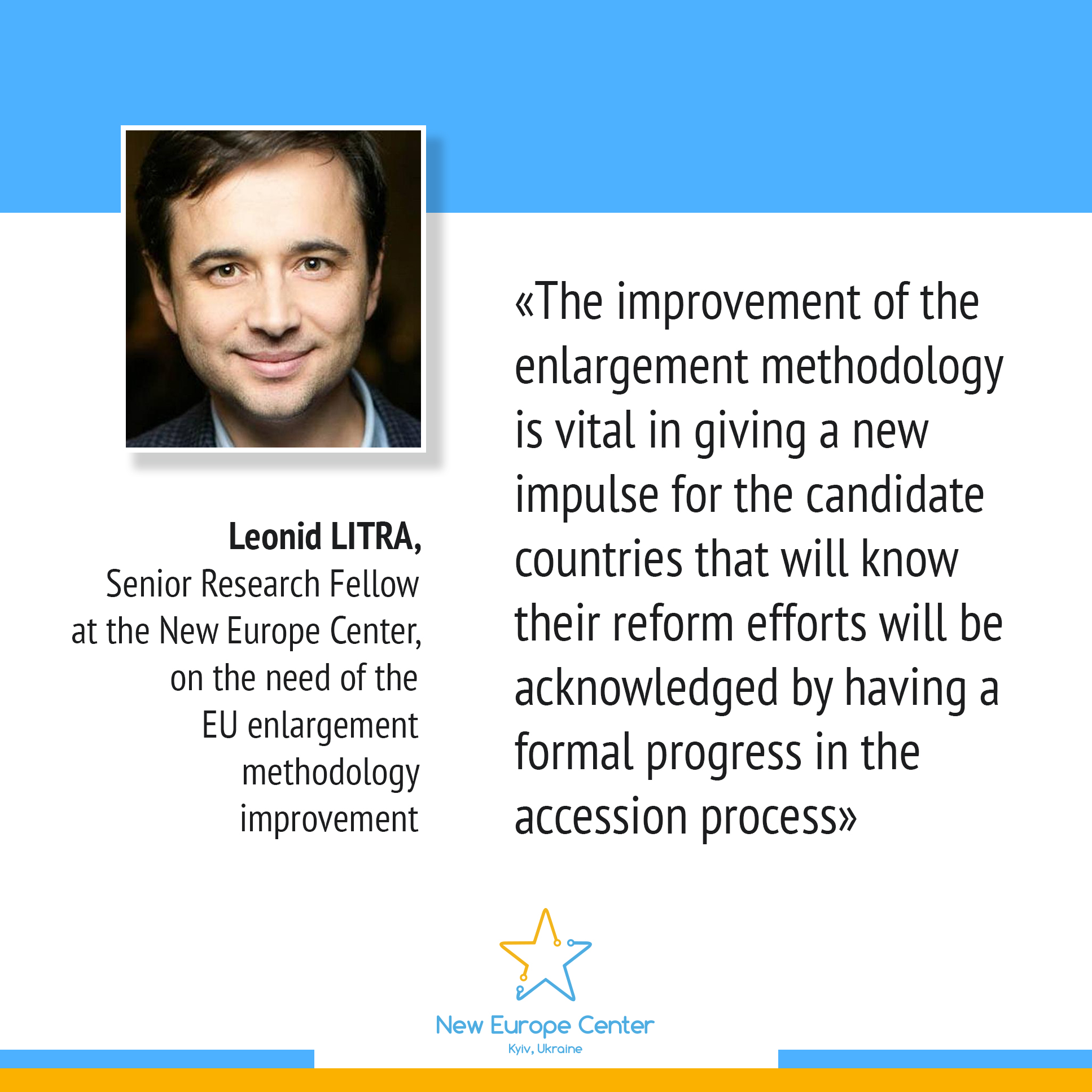
Ukraine’s path to becoming a member of the EU has been politically charged by the attempts of Hungary to delay the process. The challenges that appeared in agreeing on the opening of the accession negotiations in mid-December created a sense of urgency to reform the enlargement methodology in such a way that it serves the wider EU interests and will and is less influenced by the narrow national interests of its members. The recent history shows that the enlargement methodology has a problem since it was not only in the case of Ukraine where the unanimity nature for rather small milestones in the process of accession have derived into roadblocks paralyzing the process for years.
The new enlargement methodology (2020) needs to be improved by addressing the issue of veto powers in the accession process. The new methodology has been excellent in addressing the issue of fundamentals with a specific focus on the fight against corruption and the rule of law. The reforms in the rule of law and the fight against corruption resonate very much with the Ukrainian society. The improvements in the methodology were undertaken considering the previous experience when certain countries joined the EU without sufficient progress in fundamentals. However, the new methodology allows one single member state to block the accession process based on bilateral grievances not related to the accession – see the case of Bulgaria and North Macedonia. This situation is supporting the creation of a process that is not merit-based but focused widely on political deals and diplomatic acrobatics. That is why one needs to improve the mechanism of blocking the process by either 1/3 of the countries or by the initiative of the EU Commission, and not one single country as it is now. The EU itself is struggling because of consensus decision-making on many issues that should not be based on consensus. In this context, the EU wants to reform its decision-making system to avoid deadlocks and so do the countries that would like to be judged by their progress on reforms and not by the political conditions not related to the accession. At stake is not only the merit-based accession process but also the credibility of the EU and its conditionality.
To that end, the reports of the commission in meeting the benchmarks within the negotiation chapter should be the basis of the decisions to open / close the chapter. The voting of the Council should occur only on most important stages – e.g. closing negotiations, accession, etc. In all other steps, the voting should be based solely on the qualified majority system, including the opening of the chapter and the benchmarks (opening, intermediary or closing). The improvement of the enlargement methodology is vital in giving a new impulse for the candidate countries that will know their reform efforts will be acknowledged by having a formal progress in the accession process.
The material was prepared with the support of the International Renaissance Foundation. The material reflects the position of the authors and does not necessarily coincide with the position of the International Renaissance Foundation.







